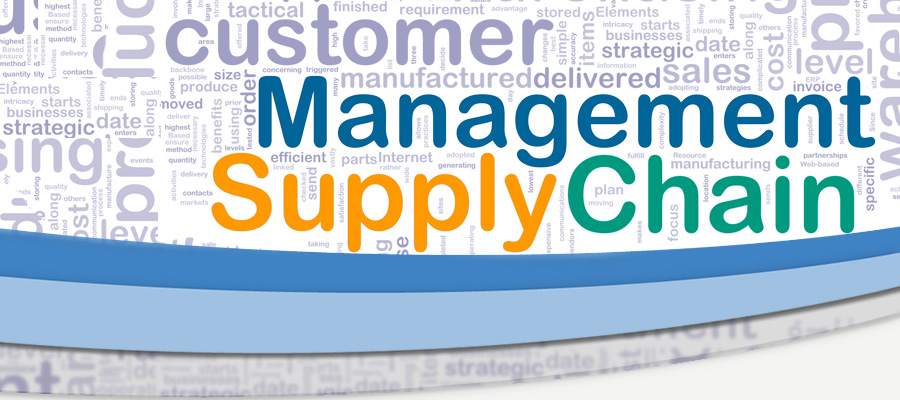
- Assessing and managing risk: Interview with IBM’s Louis R. Ferretti
As supply chains have become more global, the complexities of managing risk across vast and varied physical and political geographies arguably have grown by orders of magnitude. That’s a lesson that IBM, one of the world’s largest technology companies, has taken to heart. Beginning in 2009, the company undertook the task of building a complex supply chain risk management tool, now deployed globally, that provides managers with a way to examine supply risk in a much more robust fashion than ever before.
- Supply chain risk has companies on edge:
In its fourth such survey, the Allianz Risk Barometer 2015 shows “business interruption and supply chain” risks remains of most concern for 47 per cent of respondents for the third year in succession.
- Corrupt government procurement leads to $1.5 trillion mistake:
The F-35 fighter jet was supposed to do a bit of everything, as James Fallows explains in “The Tragedy of the American Military”. Instead, the aircraft can barely do anything: it has trouble flying at night, its engines have exploded during takeoff, and early models suffered structural cracks. There’s no end in sight, either. The all-in costs of this airplane are estimated to be as much as $1.5 trillion. (That’s approximately the same price as the entire Iraq War.) In an Atlantic magazine video, Fallows explains how such a disastrous project came to be—and why it can’t be stopped.
http://nextbigfuture.com/2015/01/pentagons-15-trillion-mistake-is-one-of.html
- Making supply chain green:
Workers in sustainable supply chain management must be adept at negotiating supply chain complexities and creatively applying broad business and environmental knowledge. Weaving between profit-related subjects and environmental research generated by NGOs, they innovate cross-sector solutions seamlessly. These workers represent a new breed of eco-polymath and they are in demand.
- Is There a Third Option for SCM Executives Looking to Revamp their Supply Chain Management Operations?
Improvements need to be achieved in months, not years, a reality that can only be realized through a managed services partnership in which the only measure of success is tied to the operational improvements resulting from the program. While many supply chain executives have never seriously considered managed services as an SCM option due to liability, performance or security risk concerns, this is indeed an economical, efficient and strategically viable solution that supply chain leaders should consider to deliver operational performance.
- What if the Problem Isn’t the Rules, but the People? [This is a good article on Federal sourcing, but it applies]
The study found that while there certainly are problems in buying and implementing the latest technology in government, “many federal leaders believe that these problems are the result of execution of the procurement process rather than regulatory requirements.” While nearly 40 percent of the more than 500 survey respondents had some influence in the procurement process, only one of them cited problems with the Federal Acquisition Regulation in written comments.
http://www.govexec.com/federal-news/fedblog/2015/01/what-if-problem-isnt-rules-people/102792/

